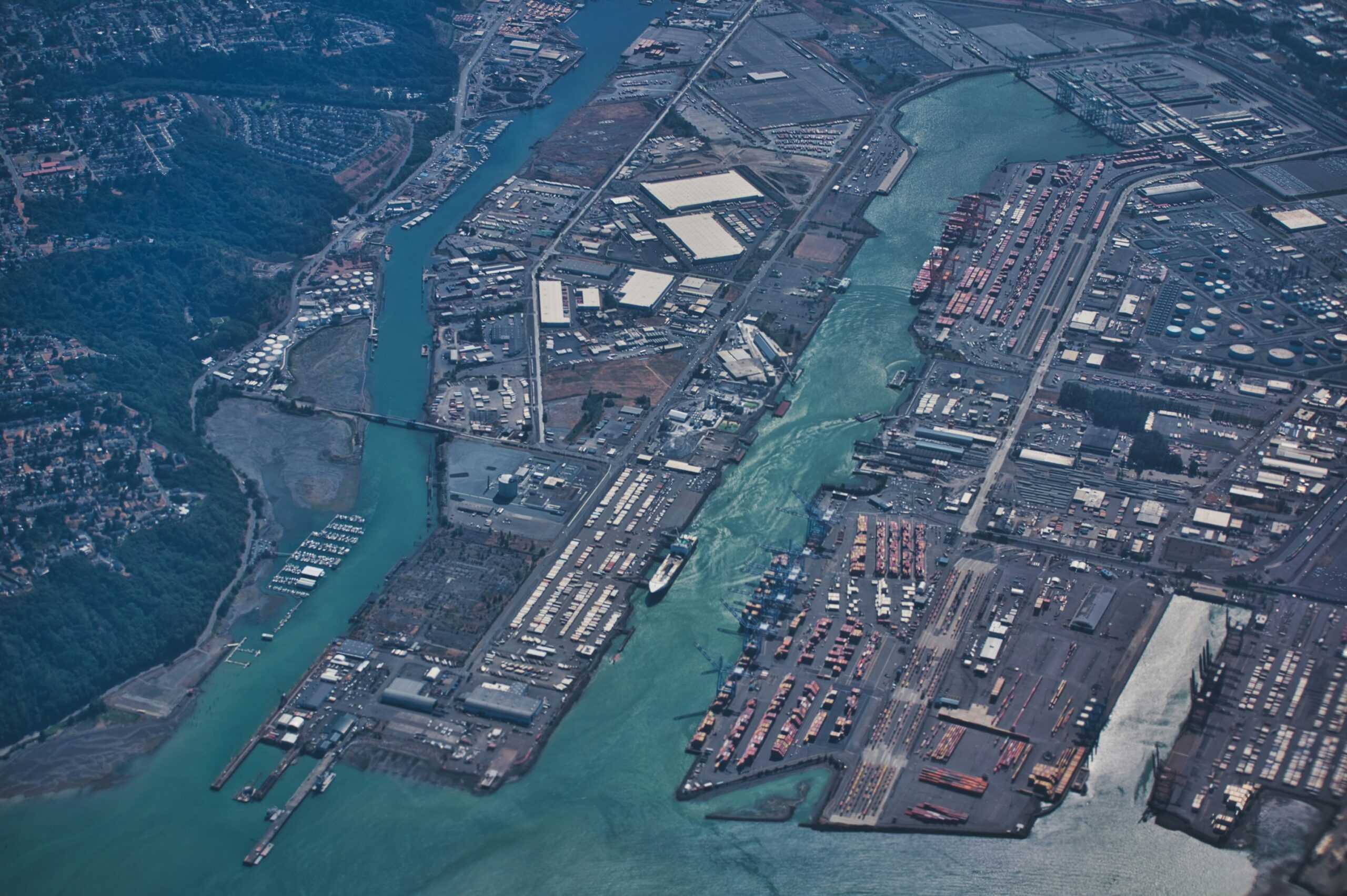Photo by Marco Bicca
A significant new collaboration has emerged in the offshore wind sector as Associated British Ports (ABP) announced the launch of the Global Floating Offshore Wind Ports Alliance — described as the first international alliance dedicated to ports serving floating offshore wind (FLOW). The initiative brings together ABP (UK), BrestPort (France) and Shannon Foynes Port Company (Ireland), with the intention of expanding membership across Europe and beyond.
Unveiled at the Floating Offshore Wind Conference in Aberdeen, the alliance aims to promote shared learning, innovation, and comparable design standards for ports supporting floating wind platform fabrication, assembly and deployment. ABP Group Head of Offshore Wind Andy Reay said: “Today marks an important milestone for the development of floating offshore wind in Europe and we are looking forward to working with members for the Global Floating Offshore Wind Ports Alliance to accelerate scalable innovation and develop the port infrastructure needed to support growth in this sector.”
Reay further noted: “At ABP, we believe that one of the biggest clean energy opportunities for the UK is the development of Floating Offshore Wind. This is because floating turbines allow for deployment farther from shore, overcoming the depth limitations of fixed-bottom foundations.”
From France, BrestPort’s Arnaud Le Roy commented: “We look forward to working with ABP to share best practice around floating offshore wind. Our commitment to the sector is reflected in our plans to invest €900 million in developments heavily focusing on the energy transition, including establishing the Port of Brest as a major player in floating wind.”
Shannon Foynes Port Company CEO Pat Keating also emphasised Ireland’s strategic potential, stating: “With natural deep water, strategic and low-lying shoreside landbanks, and a plan-led investment path aligned to national and European policy, Shannon Foynes Port Company is Ireland’s clearest candidate to serve as the national floating offshore wind hub and a competitive player at European scale.” He added that participation in the alliance would help the port “pool the collective insights and expertise of the leaders in this sector across Europe”.
Implications for marine conservation and policy
The alliance arrives as floating offshore wind prepares for rapid expansion in the Celtic Sea, the Atlantic, and other deep-water regions. For marine stakeholders, several key issues emerge:
Environmental management: Standardising port operations for floating wind creates an opportunity to embed strong environmental safeguards from the outset, particularly in relation to seabed disturbance, vessel traffic, and coastal habitat pressures.
Marine spatial planning: Expansion of floating wind infrastructure will require close alignment with national MSP processes to ensure biodiversity, fisheries, and navigation interests are fully accounted for.
Cross-border coordination: With ports from multiple EU and UK jurisdictions working together, regulatory alignment — including environmental impact assessments and cumulative impact management — will become increasingly important.
Supply chain transparency: Shared best practice frameworks could create greater visibility around environmental performance, enabling NGOs and regulators to monitor impacts more effectively.
